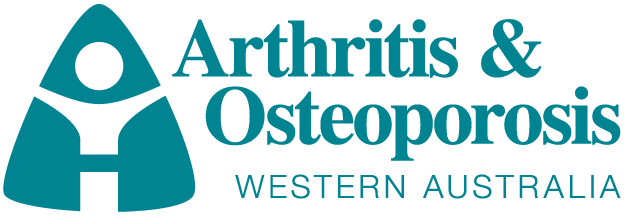There are many different medications for JIA. These medications cannot cure JIA. However, they can help keep it under control. Here are the main types of JIA drugs and their generic names (with common brand names in parentheses).
Non-steroidal anti-inflammatory drugs (NSAIDS):
• Naproxen (Napren)
• Ibuprofen (Neurofen)
• Indomethacin (Indocid)
• Diclofenac sodium (Voltaren)
• Piroxicam (Feldene)
• Celecoxib (Celebrex)
• Meloxicam (Mobic).
For more information on NSAIDs please see: Non-steroidal anti-inflammatory drugs (NSAIDs).
Corticosteroids:
• Prednisone
• Prednisolone (Pediapred)
• Methylprednisolone (Solu-Medrol).
For more information on corticosteroids please see: Corticosteroids
Corticosteroid injections
• Triamcinolone hexacetonide (Lederspan)
• Triamcinolone acetonide (Kenacort)
• Methylprednisolone (Depo-Medrol).
For more information on corticosteroid injections please see: Corticosteroid injections.
Disease-modifying anti-rheumatic drugs (DMARDs):
• Methotrexate (Methoblastin)
• Sulfasalazine (Salazopyrin)
• Hydroxychloroquine (Plaquenil)
• Leflunomide (Arava).
For more information on DMARDs please see: Disease-modifying anti-rheumatic drugs (DMARDs).
Biologic agents:
• Etanercept (Enbrel)
• Infliximab (Remicade)
• Adalimumab (Humira)
• Abatacept (Orencia)
• Rituximab (Rituxan)
• Anakinra (Kineret)
• Canakinumab (Ilaris)
• Tocilizumab (Actemra).
For more information on biologic agents please see: Biologic agents.
Most young people with JIA will be given NSAIDs as initial therapy.
If NSAIDs are not enough to control the JIA, and only a few joints are affected, your doctor may suggest a joint injection. This is a corticosteroid that is injected directly into the joint. However, if you have JIA in many joints, your doctor may give you one or more of the other drugs available. These may include corticosteroids or DMARDs. If the JIA is still not under control, then your doctor might suggest trying a biologic agent.
The other pages in this section will review each of these types of medication.



